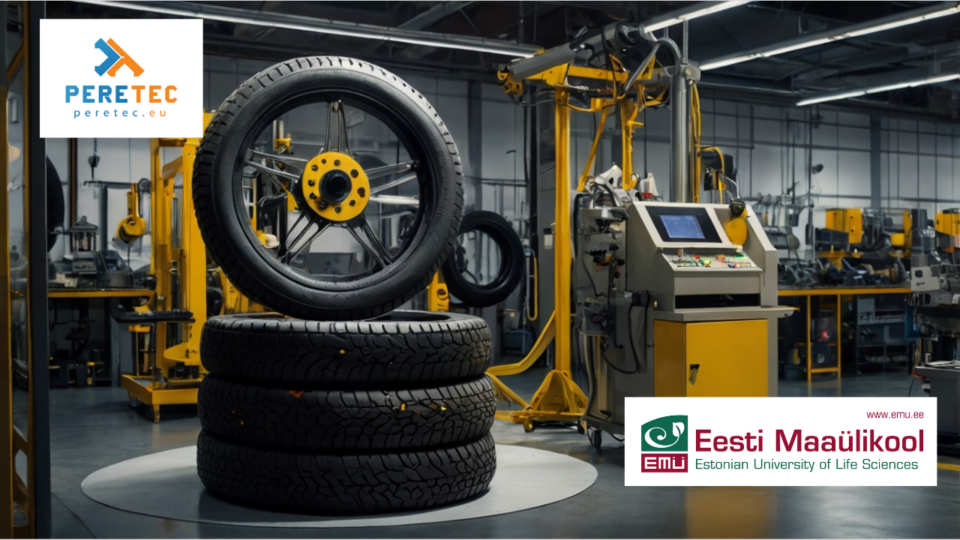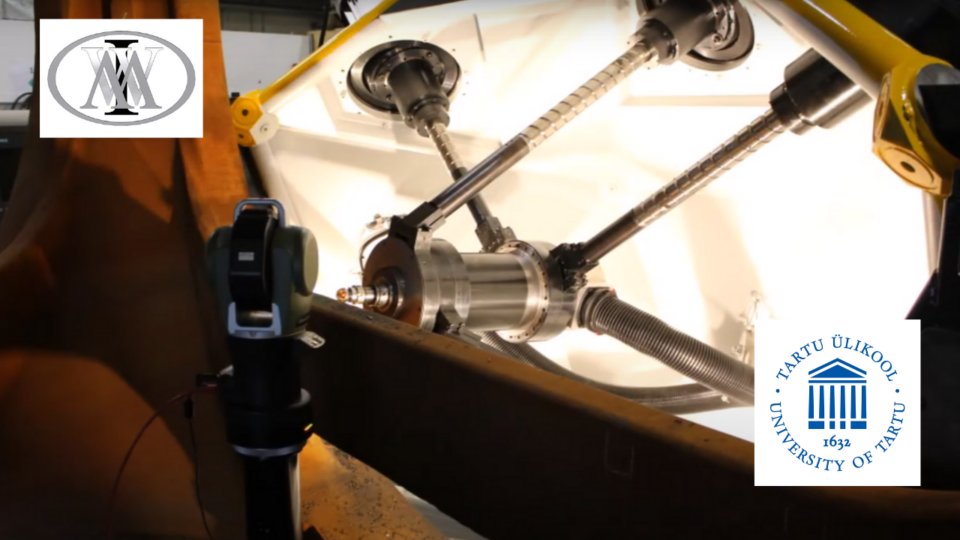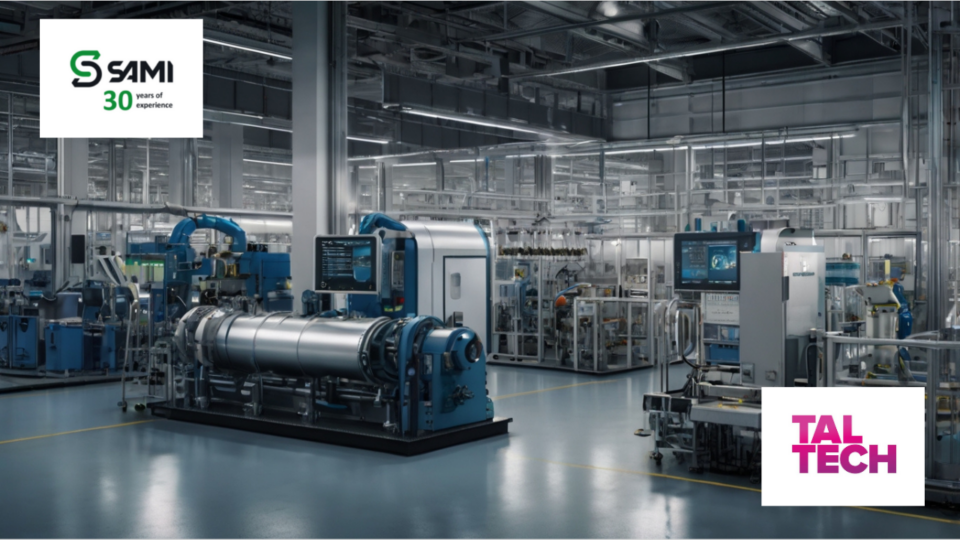2024: RAC – Testing and validating a Robot Activity Coordinator to enhance the well-being of the elderly at the care homes
The RAC project, short for “Testing and validating a Robot Activity Coordinator to enhance the well-being of the elderly at care homes,” was to explore the potential use of a robot assistant in the daily operations of a care home. To achieve this, an application suitable needed to be adapted to enable the TEMI robot-assistant to move efficiently within the for Pihlakodu care home environment, communicate with residents, staff, and guests, and share information. During the project, usage scenarios for the robot as an activity coordinator were first tested through collaboration between Pihlakodu and TalTech IT College. Following this, the necessary application (RAC) was adapted to enable the robot to support activity coordinators in their work. A key focus of this demo project was the thorough testing and validation of the application and the robot in the day-to-day care work process at the Viimsi and Tabasalu care homes: the robots, named Pipi and Olle, moved around the care home sharing important information and daily news with residents, supported social interaction – especially for residents with limited mobility – through humour and games, and assisted guests with finding their way inside the facility. By using the robot in the role of activity coordinator, the project tested the potential of robotics and AI to address staff shortages in care homes – particularly in the care of elderly residents who, for various reasons, cannot participate in group activities and require a more personalized approach. It is important to emphasize that the goal of the robot as activity coordinator was not to replace the role of the human, but to help and enhance work processes.
The primary objective of the RAC project is to elevate the quality of life for bedridden elderly residents in care homes. By introducing an AI enhanced robot application as an Activity Coordinator, the project aims to alleviate some of the workload of human care staff while enhancing the overall well-being and satisfaction of both the residents and staff. The success of the RAC demo project could prove to be a shift in implementing emerging technologies such as AI and robotics in elderly care, generating interest from other institutions in the healthcare and elderly care sectors, both in Estonia and abroad, where seeking solutions to improve healthcare and care services in the reality of ageing society.




